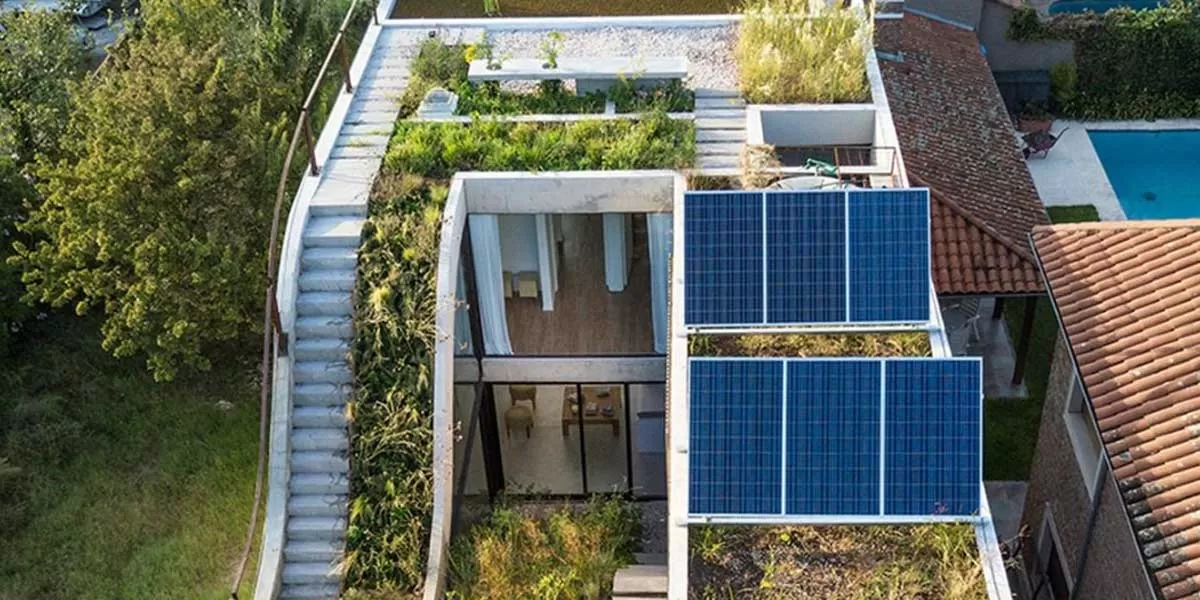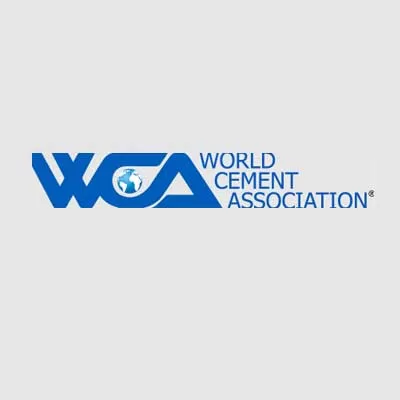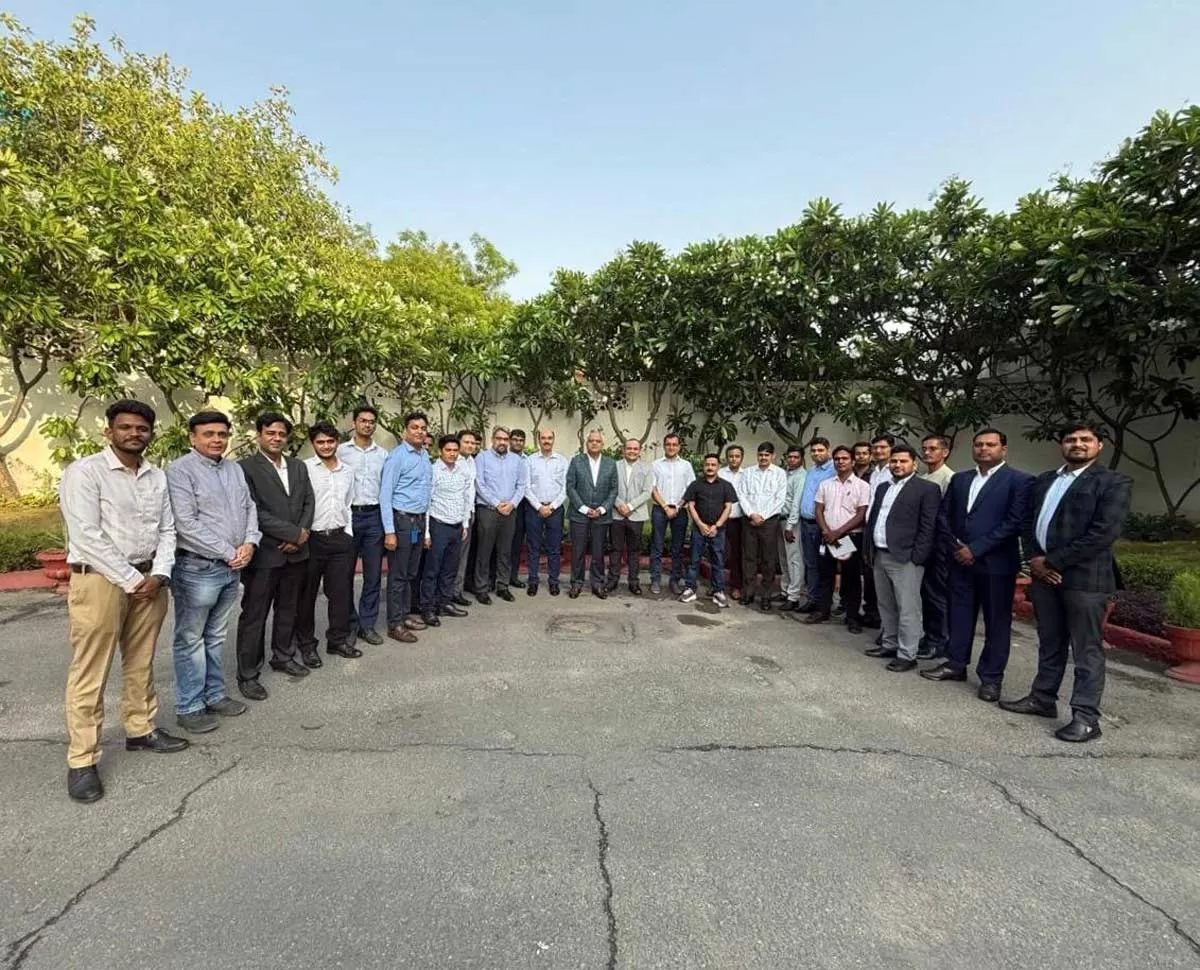

World Cement Association's Comment on Linking UK and EU carbon markets
Fabien Charbonnel, Director at the World Cement Association (WCA) and Directeur Général, Cem’In’Eu comments, “I believe a unified carbon market reduces the risk of competitive distortion and encourages fairer competition across borders. Consistent carbon pricing mechanisms promote efficiency and provide clarity for businesses operating internationally. For UK-based cement producers, alignment could remove disadvantages when exporting to the EU if UK carbon prices exceed those in Europe. However, it is worth noting that EU producers exporting to the UK would similarly benefit from great..

Combilift and CMETB Celebrate 10 Years of OEM Engineering Traineeship
This week saw a landmark celebration at Combilift’s global headquarters in Monaghan, marking the 10th anniversary of the highly successful OEM Engineering Traineeship—a collaborative initiative between Combilift and the Cavan and Monaghan Education and Training Board (CMETB). The event, which welcomed past graduates, current trainees and local educators, underscored the programme’s evolution from a local skills initiative to a cornerstone of regional industrial development.Launched in 2015, the OEM Engineering Traineeship was born from a shared vision to tackle the skills gap in engineer..

Aerem and OMC Power to Fund Rs 2 Billion for Solar Rooftop Adoption
Aerem Solutions and OMC Power have entered into a strategic partnership to unlock Rs 2 billion in financing for rooftop solar solutions targeted at India’s Micro, Small, and Medium Enterprises (MSMEs) in Uttar Pradesh. The collaboration is designed to scale solar adoption among MSMEs by providing access to affordable finance, supporting India’s transition toward a low-carbon economy.Under this agreement, Aerem through its NBFC, will enable credit facilities of Rs 2 billion to OMC Power’s customers, enabling MSMEs to invest in energy-efficient solar systems with easy financing solutions. ..














